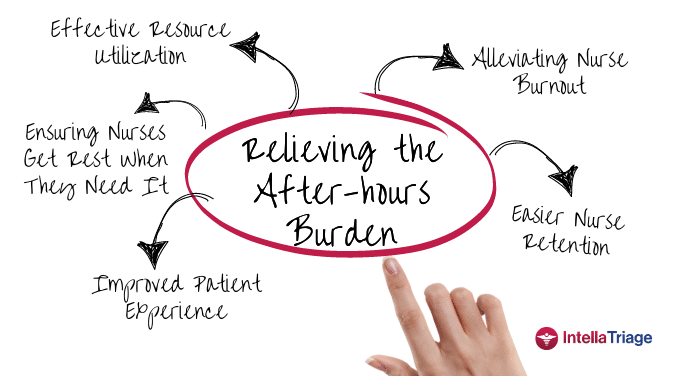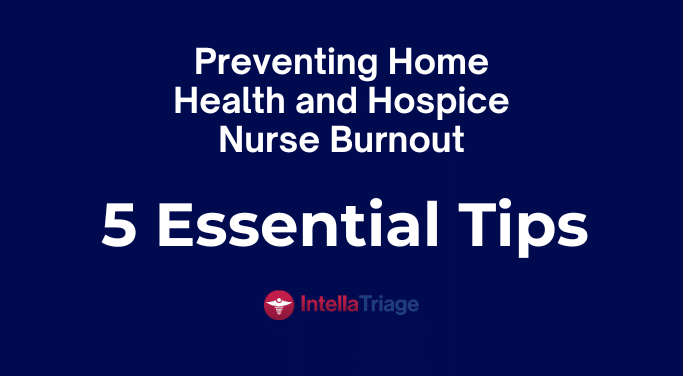Your focus on quality patient care shouldn’t end after a procedure or visit; it needs to extend through to the aftercare experience. Why? Research shows that each interaction a patient has with your team post-treatment can make a measurable difference in their outcomes.
As a healthcare provider, it is important to understand how to improve your patients’ aftercare experience for two reasons: to ensure that they are satisfied throughout the process and to help them achieve a full recovery. Here are our top tips for quality aftercare services.
Why You Should Invest in Aftercare: Patient Experience Associated with Improved Outcomes
First, while patient experience is an important consideration in and of itself, you should know that this metric has also been associated with crucial clinical processes and outcomes. For example, patients with diabetes have demonstrated more effective self-management skills and improved quality of life after reporting more positive interactions with their healthcare providers. Put simply: when you invest in aftercare, you could actually change a patient’s outcome.
In addition, improved patient engagement…
- Reduces 911 calls and ER visits,
- Lowers readmission rates,
- Improves adherence to post-discharge instructions,
- Connects patients to appropriate resources and information,
- Increases their satisfaction, and
- Helps patients and their families to access the correct level of care.
With this in mind, here are a few ways to maximize your patient experience after an appointment.
Step 1: Patient-Centric Aftercare & Effective Communication
At IntellaTriage, we help you to put the patient first. This approach generates improved outcomes and lasting results. For example, one Institute of Medicine study found that patient-centric care is directly linked to healthcare quality and continued patient safety. Tailored aftercare services help your practice to improve in these key areas:
Relationship-Building and Knowledge Sharing. High quality, frequent communication is critical to your patients’ aftercare experience. When a nurse is able to effectively interface with a patient and their loved ones, they build a trusting, respectful relationship. The healthcare worker is then able to involve the patient and family, providing the knowledge necessary for them to effectively manage any health conditions. This results in better treatment outcomes across the board.
Giving Patients a Voice. Aftercare providers who effectively communicate give patients a voice in their own care. Your practice can then provide tailored instructions for self-management that improve the patient’s quality of life going forward – as an added benefit, patients are more likely to adhere to treatment protocols when they feel included.
Communicating Needs and Changing Strategies. Aftercare nurses, continuing to interface with the patient and with the healthcare team, can also monitor the slightest changes in the patient’s condition. This allows you to proactively alter treatment and care when needed. When you invest in aftercare, you add team members who serve as much-needed liaisons between patients, family members, and healthcare providers.
Step 2: Step Up Your Internal Communication Strategies
Effective communication is also vital within your team. Services like IntellaTriage provide customized aftercare for your patients, but they also deliver patient feedback to your practice. For example, call notes are entered directly into your EMR, and items requiring physician attention are flagged for review. When these interactions are regularly logged, everyone on the healthcare team is able to improve their patient care and communication, as well as the patient’s health outcomes.
Step 3: Focus on Effective, Timely Assessment of Patient Health Problems
When your patient is battling a chronic condition or ongoing health concern, they may be vulnerable to complications. Regular aftercare check-ins allow your practice to keep tabs on each patient. This has a wide array of applications, perhaps the most salient of which is wound care after a procedure.
Patients with open wounds are required to keep up with a challenging care regimen for weeks or months at a time. They must apply salves, change bandages, and monitor any changes throughout the healing process. When healthcare providers are alerted to signs of infection, the development of other wounds, or abnormal discharge in a timely fashion, they can correct the patient’s approach before things become dire.
This is merely one example, but each level of care can benefit from effective aftercare communication and patient engagement. Quick intervention can be achieved when you regularly interface with patients and ensure their adherence to post-discharge protocols.
Improve Your Aftercare Services Today
At IntellaTriage, we have more than a decade of experience providing nurse triage calls and patient engagement services. Our focus continues to be on providing the highest level of care for clients, no matter the time of day.
Our phone triage nurses and aftercare professionals, all Registered Nurses, provide sound medical advice for patients concerned about a healthcare issue. We integrate with our providers’ systems to ensure consistent, high quality care for those patients. Contact IntellaTriage today for more information about our essential phone triage and aftercare services.
Contact Us for a Consultation
Ready to optimize your triage process? Reach out to us today for a consultation tailored to your needs. Let’s elevate your patient care together.
More From The Blog
Burnout among healthcare professionals, particularly nurses, is a persistent issue. The ongoing nursing shortage and the upcoming boom in the aging population have intensified this problem, adding urgency to hospice and home health organizations' efforts to find effective solutions. While traditional methods focus on workload and administrative burdens, innovative strategies address the root causes of [...]
In a recent milestone, IntellaTriage and CommonSpirit Health at Home (CSHaH) announced a significant integration between IntellaTriage’s IntellaHub and CSHaH's electronic medical records system, Homecare Homebase. This partnership underscores the importance of interoperability in healthcare, particularly in post-acute settings like hospice and home healthcare. Here are the top five reasons why interoperability is essential in [...]
Preventing nurse burnout can translate to improved nurse retention and improved patient outcomes. In home health and hospice care, nurses often face significant challenges that can lead to burnout. The constant juggling of patient needs, administrative tasks, and emotional stress can take a toll on even the most dedicated caregivers. However, prioritizing nurse wellness and [...]









